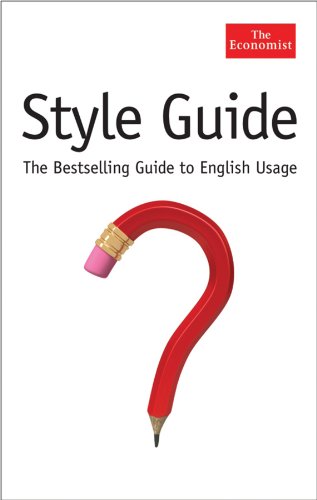apologies
To err is human
 In online publishing perhaps Alexander Pope’s eminent quote “To err is human; to forgive, divine” should be changed to: “to err is human; to correct, divine.” When a fallacious facts make their way into newspapers, the bolted horse often means that corrections are more notably visible.
In online publishing perhaps Alexander Pope’s eminent quote “To err is human; to forgive, divine” should be changed to: “to err is human; to correct, divine.” When a fallacious facts make their way into newspapers, the bolted horse often means that corrections are more notably visible.
However in online news often there’s the temptation to fix that fact without a trace of an apology or correction. But given that journalism is the first draft of history, don’t publishes owe it to their readers to act ethically and correct correctly by being transparent in how they make corrections?
The Economist Style Guide dictates:
Apologies and corrections: Unless some other arrangement has been made, apologies and corrections should appear, under the heading Apology (or Correction), in a box in the section giving rise to them, at either the top or the bottom of the page. Corrections need not be ponderous. Apologies, however, should not be flippant. They should leave the reader with the impression that we are genuinely sorry for any offence given, not merely sorry that we had to say sorry.
Making mistakes in the news business is punishing to the ego, but accepting responsibility for those errs creates a sense of accountability which is important to ensure the credibility of news brands.
Besides The Economist Style Guide is useful for a lot more than just good form when it comes to apologies and corrections. From that writer’s ‘how to’, here’s George Orwell’s six elementary rules (“Politics and the English Language”, 1946):
- Never use a Metaphor, simile or other figure of speech which you are used to seeing in print.
- Never use a long word where a short one will do (see Short words).
- If it is possible to cut out a word, always cut it out (see Unnecessary words).
- Never use the Passive where you can use the active.
- Never use a foreign phrase, a scientific word or a Jargon word if you can think of an everyday English equivalent.
- Break any of these rules sooner than say anything outright barbarous (see Iconoclasm).